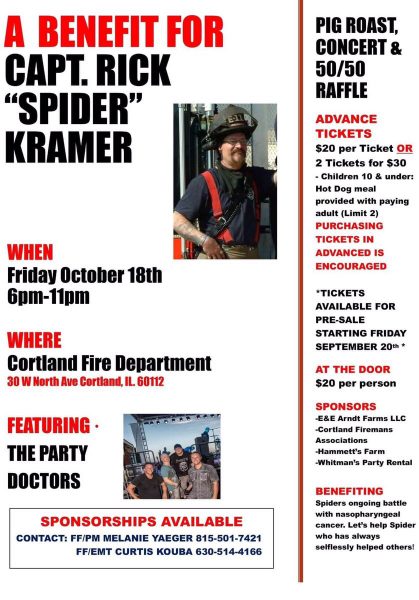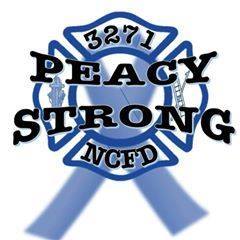Excerpts from cbs19news.com:
Congresswoman Abigail Spanberger and Congressman Don Bacon (R-Nebraska-02), a U.S. Air Force veteran, introduced the Michael Lecik Military Firefighters Protection Act on Thursday in the U.S. House. It aims to provide veteran firefighters will the compensation, health care, and retirement benefits they earned with their military service. The bill is named for Michael Lecik, a Powhatan County resident who was deployed twice as a U.S. Air Force firefighter.
Lecik was diagnosed with multiple myeloma in Feb. 2019, but the Veterans Health Administration does not cover the treatment costs for such disease because the U.S. Department of Veteran Affairs does not often recognize the service connection between firefighting and cancer as a presumptive service-connected disability more than a year after active duty. Lecik’s service ended in 2008. Following his military service, Lecik became a civilian firefighter and then chief fire inspector at U.S. Army Garrison Fort Lee. he also volunteered as a firefighter with the Huguenot Volunteer Fire Department.The legislation would create a presumption that veteran firefighters who become disabled by certain diseases, such as heart disease, lung disease or certain cancers, contracted that illness during their military service. It would also extend the time frame during which certain diseases can be recognized as service-connected to military firefighting to 15 years.
The National Institute for Occupational Safety and Health conducted a study in 2010 that found U.S. firefighters are more likely to suffer from certain diseases and illnesses as a result of their career, and they ten to experience higher rates of cancer than the general population in the United States.































